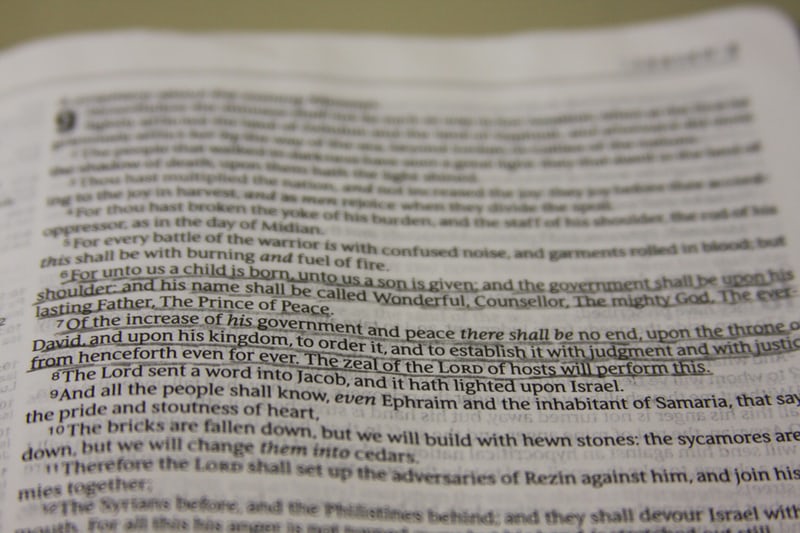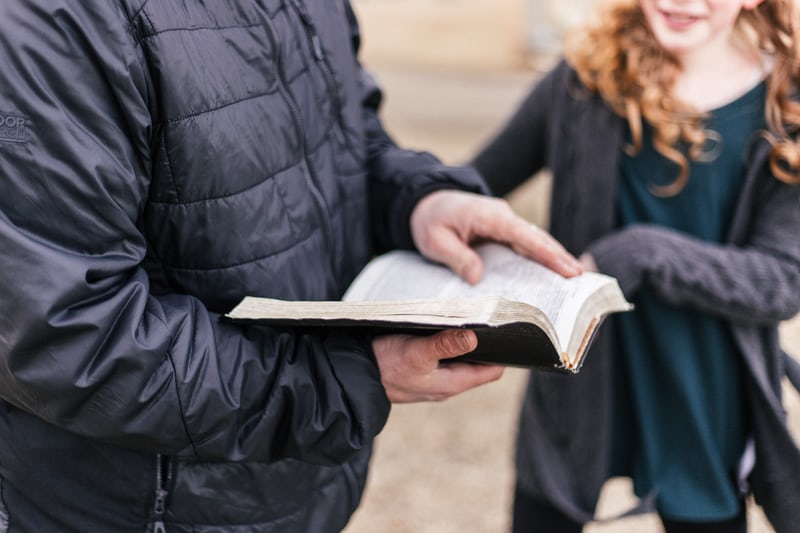
I’ve been spending a lot of time in Luke these days, pondering the way Jesus related to different people groups. Two in particular interest me: the Pharisees and those known as “sinners.” The Pharisees were a group of scholarly men who had spent years studying the Law of Moses. There were actually other leaders or lawgivers of the Jewish people in Jesus’ day – the Sadducees and lawyers and scribes and priests. Jesus distinguished between these men and the rest of the people. All were sinners in God’s eyes, but some (most of these guys in particular) didn’t think they were.
Some clues to what Jesus thought of these self-righteous leaders came in the following verses:

“Now you Pharisees cleanse the outside of the cup and of the dish, but inside you are full of greed and wickedness…”
“But woe to you Pharisees! For you tithe mint and rue and every herb, and neglect justice and the love of God…”
“Woe to you Pharisees! For you love the best seat in the synagogues and greetings in the marketplaces.”
“Woe to you! For you are like unmarked graves, and people walk over them without knowing it.”
One of the lawyers answered him, “Teacher, in saying these things you insult us also.”
And he said, “Woe to you lawyers also! For you load people with burdens hard to bear, and you yourselves do not touch the burdens with one of your fingers.” (Luke 11, select verses.)
Jesus called them names like blind guides, serpents, unmarked graves and more. He rebuked their arrogance and pretentious piety. He read their minds and knew they were plotting to either trap him in something he said or did. When he healed on the Sabbath, they grew furious and plotted new ways to trap him. Eventually, they gathered all their factious groups (that normally hated each other) and plotted to kill him. And yet they thought they were right. They thought they knew God, and that they were assured a place in heaven.

Jesus often told them stories, trying to get them to see the errors of their ways, to realize that they were not okay. They were teachers who supposedly knew the Scriptures, but the Scriptures spoke of Jesus, and they missed what it said.
He also told this parable to some who trusted in themselves that they were righteous, and treated others with contempt: “Two men went up into the temple to pray, one a Pharisee and the other a tax collector. The Pharisee, standing by himself, prayed thus: ‘God, I thank you that I am not like other men, extortioners, unjust, adulterers, or even like this tax collector. I fast twice a week; I give tithes of all that I get.’ But the tax collector, standing far off, would not even lift up his eyes to heaven, but beat his breast, saying, ‘God, be merciful to me, a sinner!’ I tell you, this man went down to his house justified, rather than the other. For everyone who exalts himself will be humbled, but the one who humbles himself will be exalted.” (Luke 18:9-14 ESV)
I’ve been thinking how easy it can be in our churches today to think like the Pharisees and other teachers of the law. Those of us who have grown up in churches and know the Bible should know the truth, but do we? Self-righteousness and arrogance don’t lend themselves to truth. Thinking we’re okay, doesn’t mean we are.
These thoughts are sobering and scary. Some of the most frightening words of Jesus are found in Matthew 7:21-23:
“Not everyone who says to me, ‘Lord, Lord,’ will enter the kingdom of heaven, but the one who does the will of my Father who is in heaven. On that day many will say to me, ‘Lord, Lord, did we not prophesy in your name, and cast out demons in your name, and do many mighty works in your name?’ And then will I declare to them, ‘I never knew you; depart from me, you workers of lawlessness.'”
The difference between the Pharisees and the sinners came down to this: humility, repentance, and truly knowing Jesus. The Pharisees were too proud to recognize him, though they should have known the signs of his coming. The “sinners” (or tax collectors in Jesus’ story) knew enough to know they weren’t good enough, didn’t know enough, and had nothing to offer him. But they wanted to know him and so humbly begged God for mercy.
In the end, we have a choice. Pharisee or sinner? Which one do you choose?
Selah~